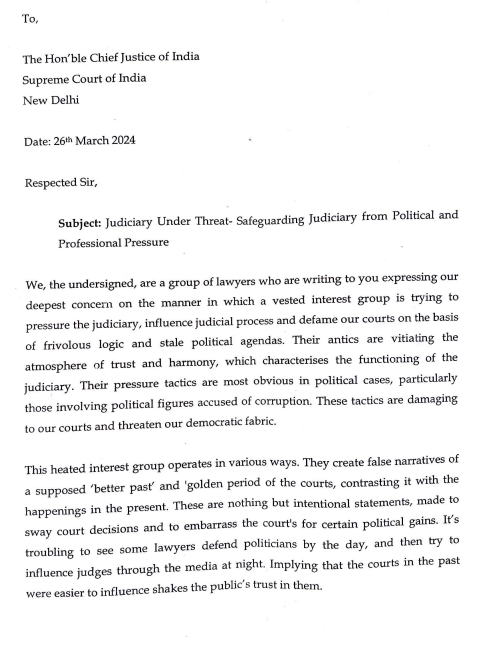Section 21 of the POCSO Act penalises the non-reporting of offences of child sexual abuse and provides for punishment of imprisonment that can extend to six months or even a year.
In a recent verdict, the Himachal Pradesh High Court established that the failure to report crimes under the Protection of Children from Sexual Offences Act, 2012 (POCSO Act) is now categorized as a bailable offense.
Under Section 21 of the POCSO Act, failing to report incidents of child sexual abuse is considered a criminal offense, with a maximum prison sentence of six months for individuals and up to one year for those in positions of authority within organizations.
Justice Rakesh Kainthla clarified that the police can grant bail to the accused under the Code of Criminal Procedure (CrPC) for this particular offense. This clarification was provided during the consideration of a petition for anticipatory bail in a POCSO case.
The Court noted that the absence of explicit delineation in the POCSO Act regarding the nature of the offense requires determination by the CrPC. Section 31 of the POCSO Act mandates the application of CrPC to all proceedings, including parole, before a Special Court.
“The categorization of offenses under the Code of Criminal Procedure clearly indicates that charges with a maximum prison sentence of less than three years are bailable and non-cognizable,” the Court stated.
According to the Court, Item 21 of the POCSO Act, carrying a maximum sentence of six months to one year, qualifies as a bailable offense. This perspective aligns with previous rulings from the Kerala High Court and the Karnataka High Court.
Justice Kainthla highlighted that no contradictory precedents were presented, leading to the sustainment of the petition for bail under Section 21.
The case involved a petitioner accused of failing to report a crime allegedly committed in a hotel he managed. Despite denying knowledge of the crime, the petitioner faced allegations that the principal suspect had sexually assaulted a minor at the hotel. The Court, considering the offense as bailable, deemed the anticipatory bail petition unnecessary, as the defendant could secure bail even without it.
Regarding Section 438 of the CrPC, which pertains to anticipatory or pre-arrest parole, the Court emphasized that it applies to offenses not requiring bail. Individuals facing charges of bailable offenses inherently have the right to bail.
The petitioner, Devender K. Sharma, was represented by counsel, and RP Singh, Deputy Advocate General, served as the State Minister in the case.



